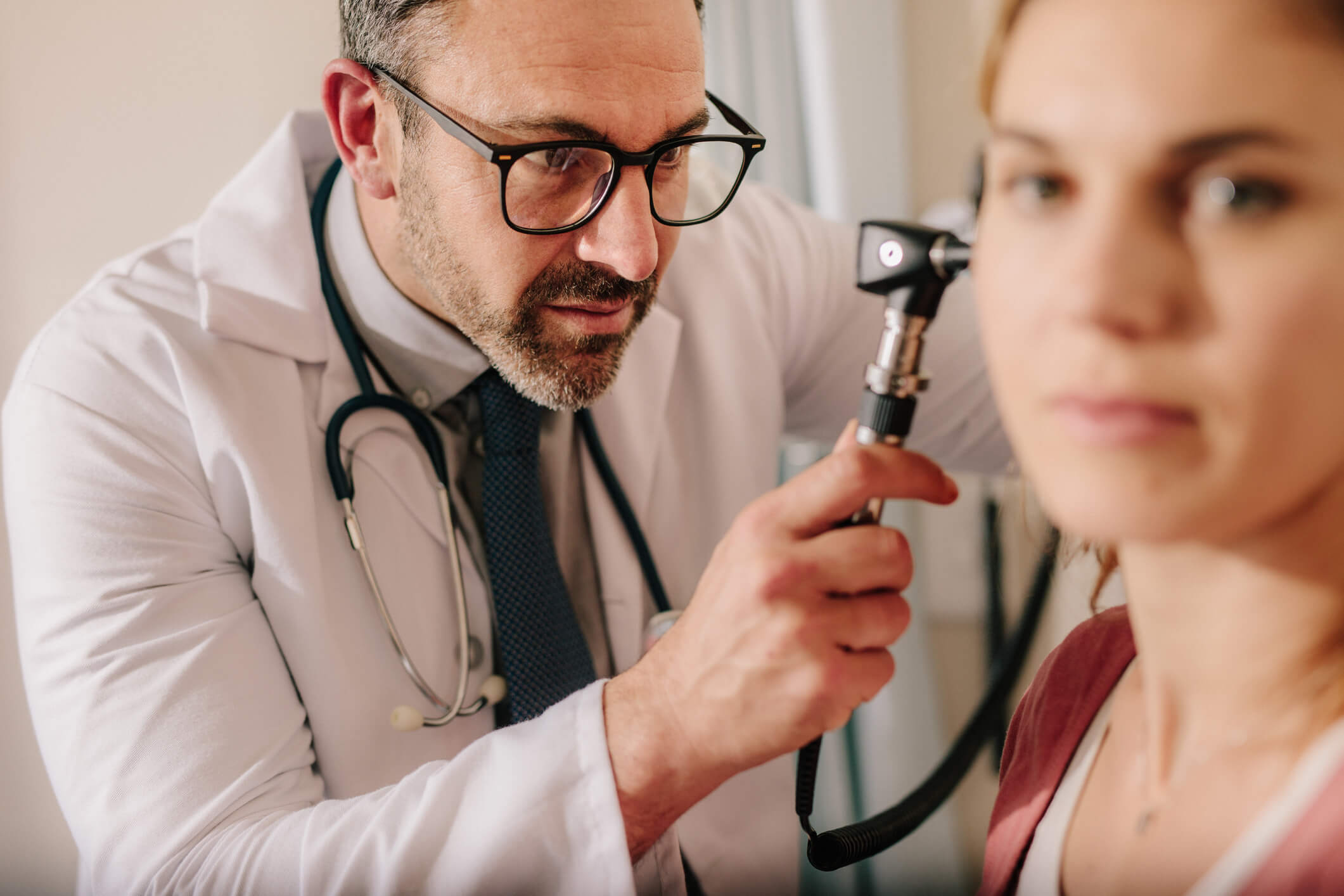
Choosing the Right Hearing Aid
Wondering what the best hearing aids are? It’s a combination of factors including the type of hearing loss you have, your lifestyle, and your budget. Whether you just noticed that you no longer can hear the clock ticking, or you experienced sudden hearing loss, the key to getting treatment is determining what caused it in the first place. Sometimes all you need is a little earwax removed or some help draining fluid behind the ear.
Best Hearing Aid Styles for…

Once you have a list of situations where you’d like your hearing aids to work, it’s time to look at styles and brands.